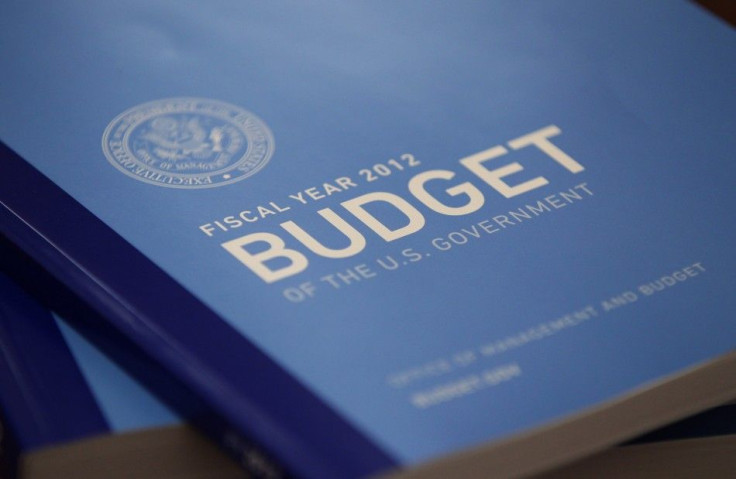Proposed Cuts to Federal Higher Education Budgets

Robert W. Baird said it remains generally cautious on the post-secondary group given regulatory risk and deteriorating fundamentals.
Proposed cuts to federal student aid programs do not come as a surprise given the environment, but on the margin would be an additional negative for enrollment growth for the industry, in our opinion. Additionally, while the expected introduction of an amendment to stall gainful employment shows support for the sector, we view it as unlikely to become law, said Amy Junker, an analyst at Robert W. Baird.
U.S. President Barack Obama's fiscal 2012 budget proposal maintains Pell Grant maximum. In order to keep the maximum Pell Grant at $5,550, the President's fiscal 2012 budget calls for $100 billion in cuts in other areas of Pell over the next 10 years, according to officials cited in news reports.
Over 90 percent of the cuts would come from two key changes: eliminating year-round Pell Grants, and lower subsidies for graduate and professional students.
Amy Junker said student would no longer be able to use more than one grant per year (recently went into effect in 2008) for estimated savings of $8 billion next year. The Administration would phase out the payment of interest on student loans for graduate students while they are in school for projected savings of $2 billion next year.
Last Friday, House Republicans revised their fiscal 2011 Continuing Resolution. They would reduce the maximum Pell Grant by $845, to $4,705, and wipe out some other need-based aid programs.
Greatest exposure; Pell as percentage of revenue (of those that provide the data): Corinthian Colleges Inc. (COCO) 29 percent, Lincoln Educational Services Corp. (LINC) 22 percent, ITT Educational Services Inc. (ESI) 18 percent, Apollo Group Inc. (APOL) 18 percent, and Education Management Corp. (EDMC) 14 percent.
Given the battle ahead on education funding between House, Senate and the White House, Amy Junker expects that uncertainty regarding the degree of cuts could create an overhang for the stocks and potential disruption for students.
Representatives to introduce amendment to stall gainful employment. This week, a bipartisan group is expected to propose an amendment to the continuing resolution bill for fiscal 2011 that would stop the Department of Education's work on gainful employment from being funded through September 30, 2011.
We would caution that this is unlikely to pass in the Senate, but if passed, would merely stall gainful employment (extending the overhang) rather than derail the rule (if finalized by November 1, 2011, will take effect July 2012), said Amy Junker.
The group includes: John Kline (Republican Party-Minnesota) Chairman of the House Education and Workforce Committee, Virginia Foxx (Republican Party-North Carolina) Chairwoman of the Subcommittee on Higher Education, and Representatives Alcee Hastings (Democratic Party-Florida) and Carolyn McCarthy (Democratic Party-New York), Robert W. Baird said in a note to clients.
© Copyright IBTimes 2024. All rights reserved.




















